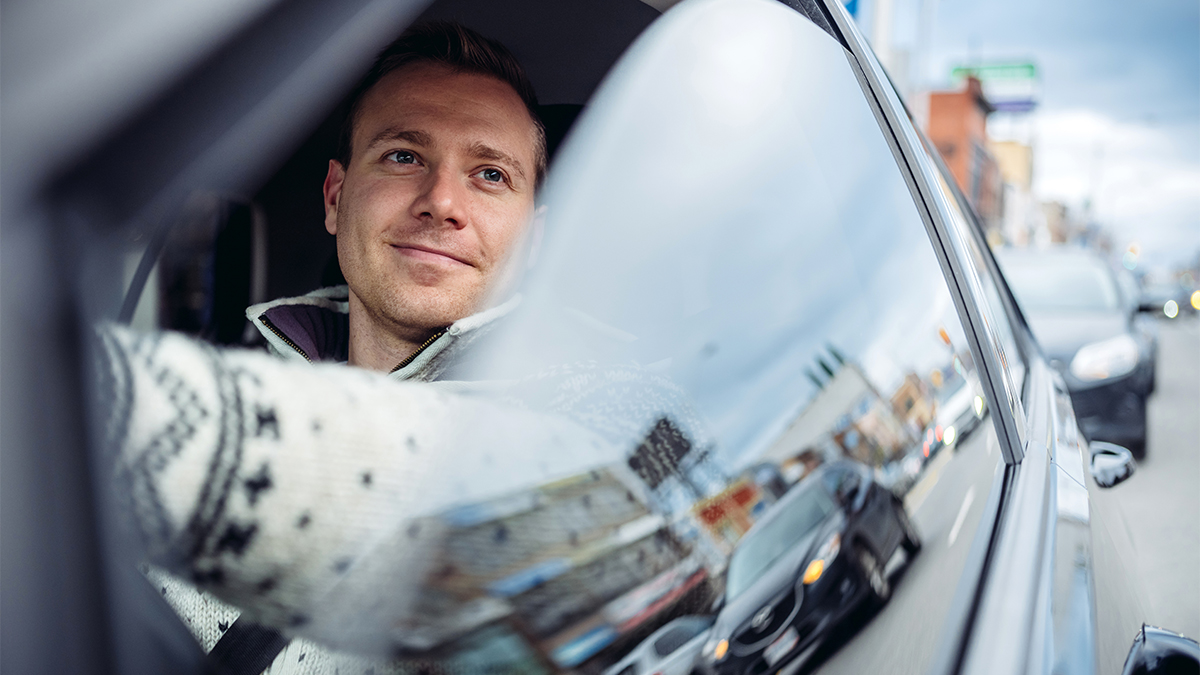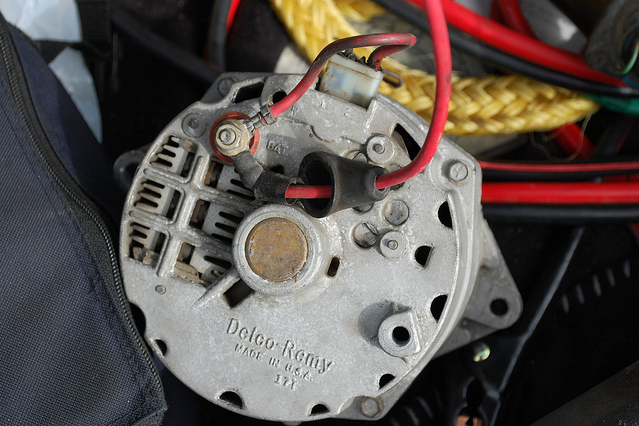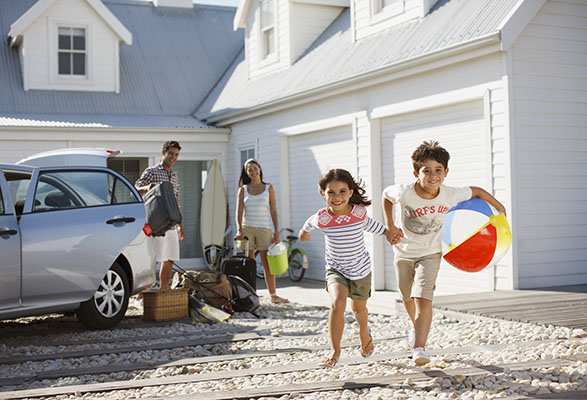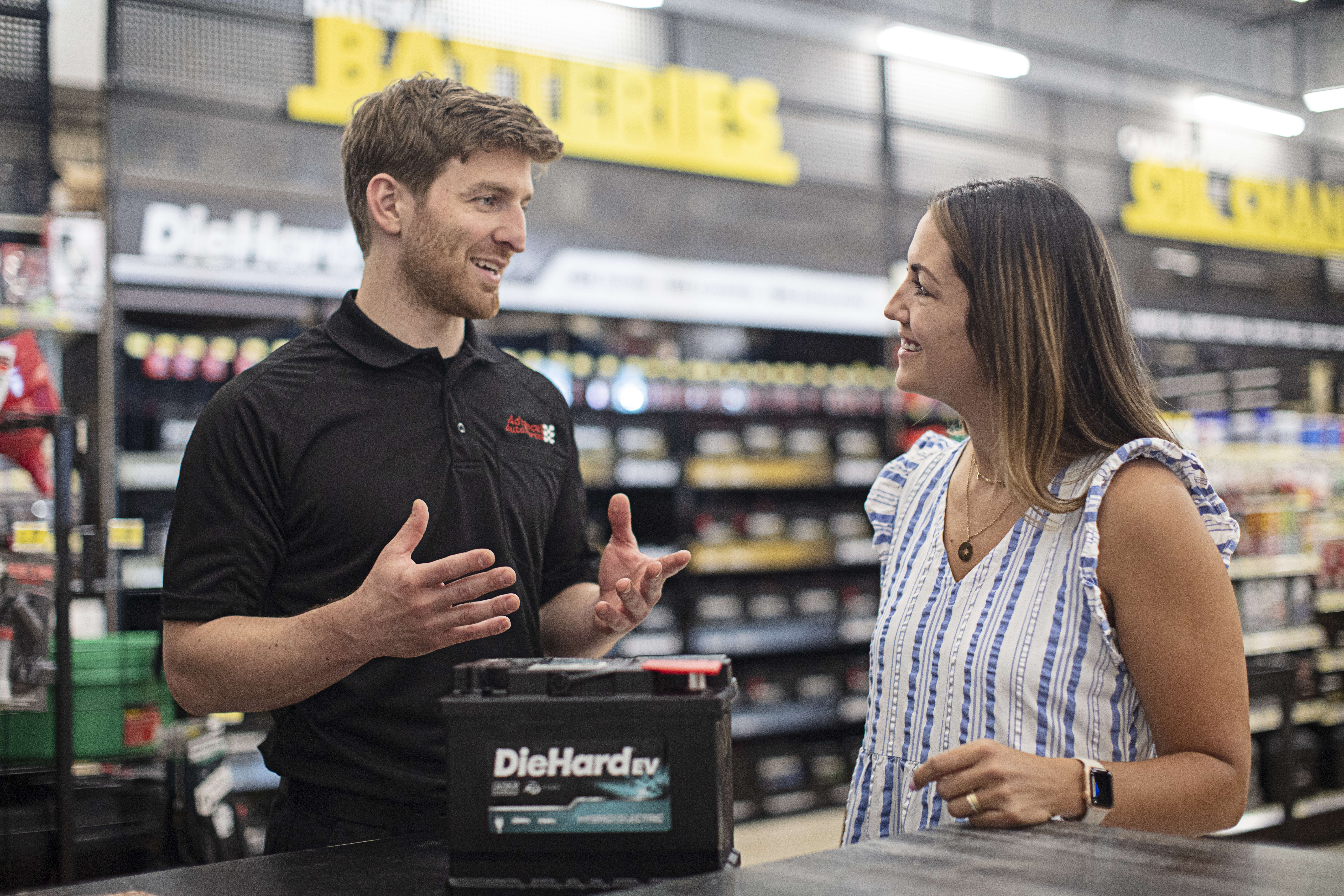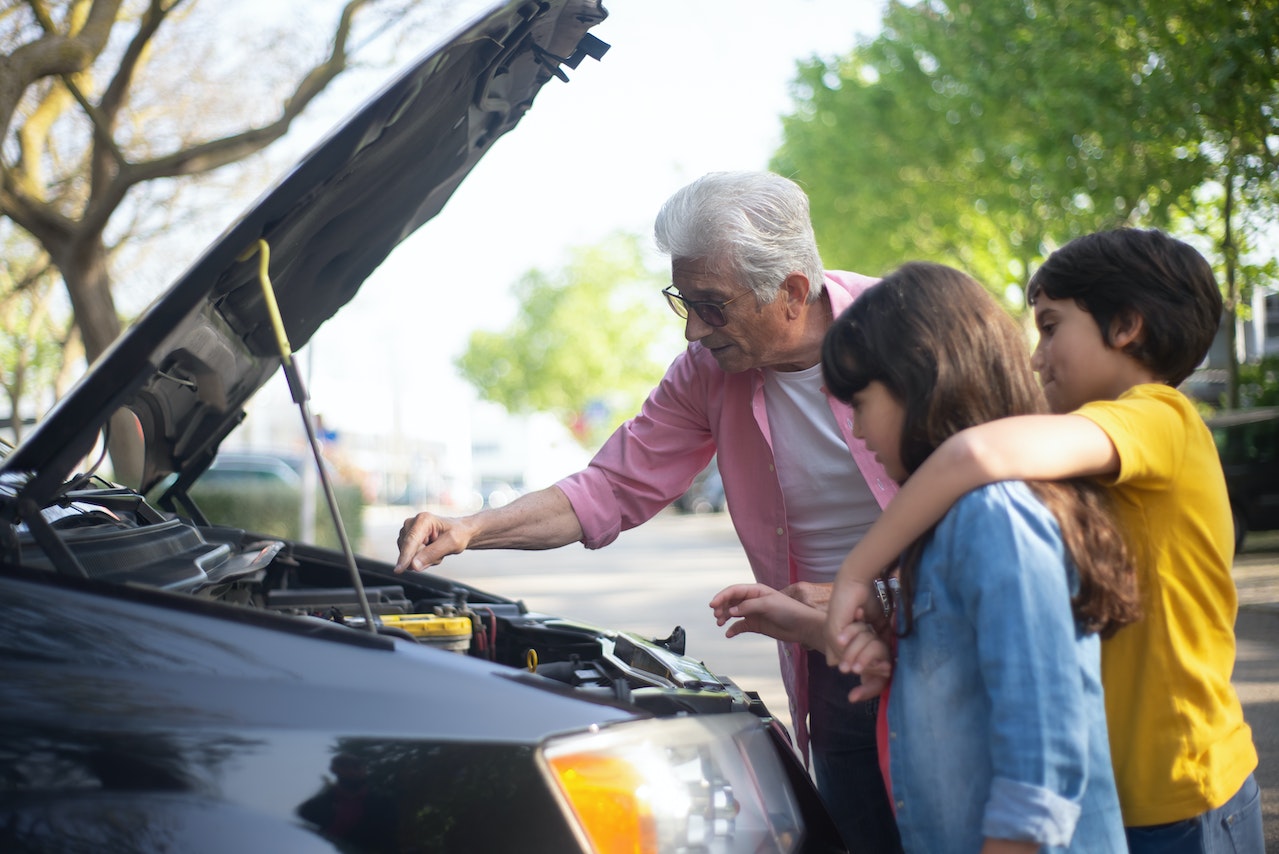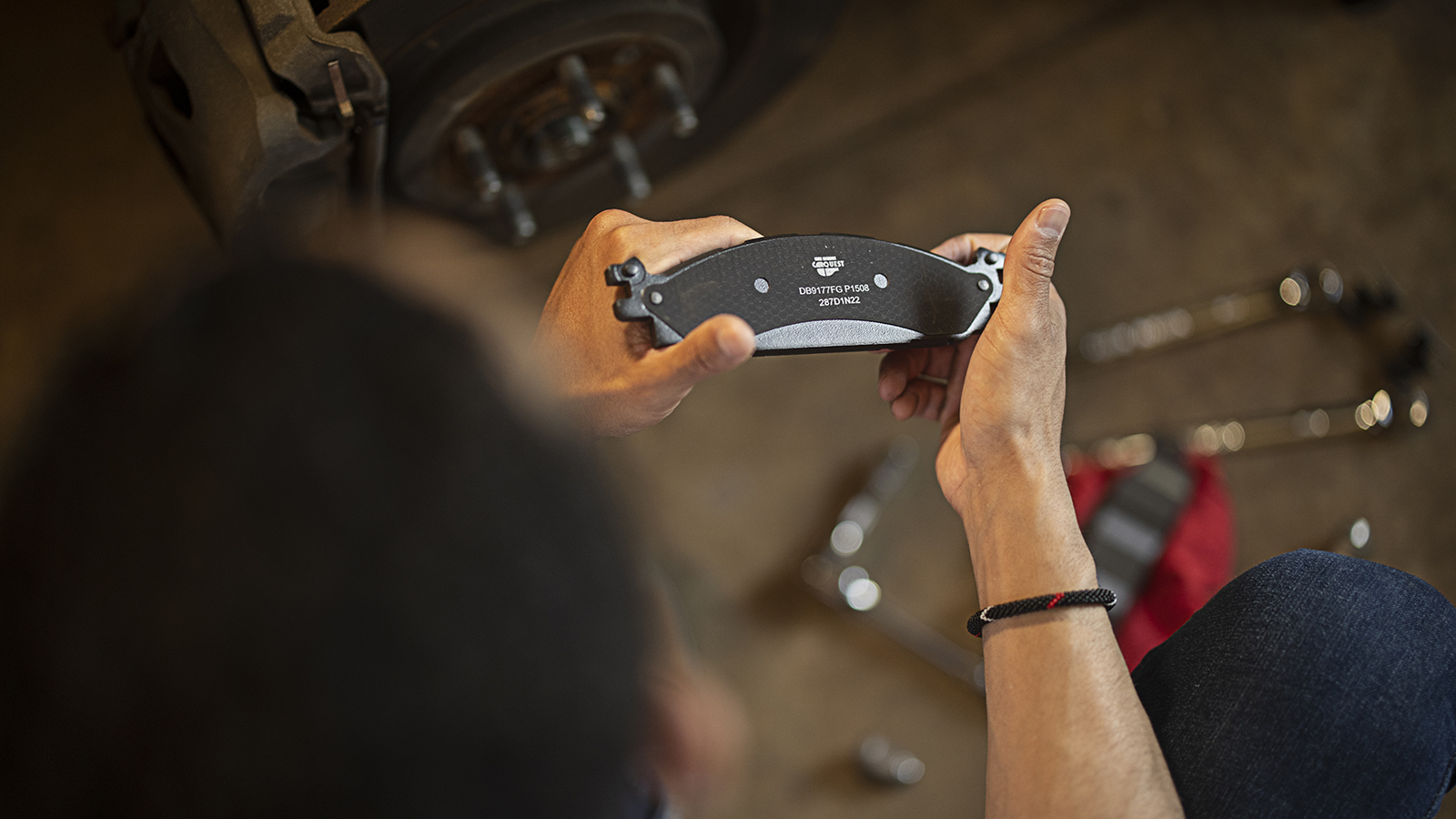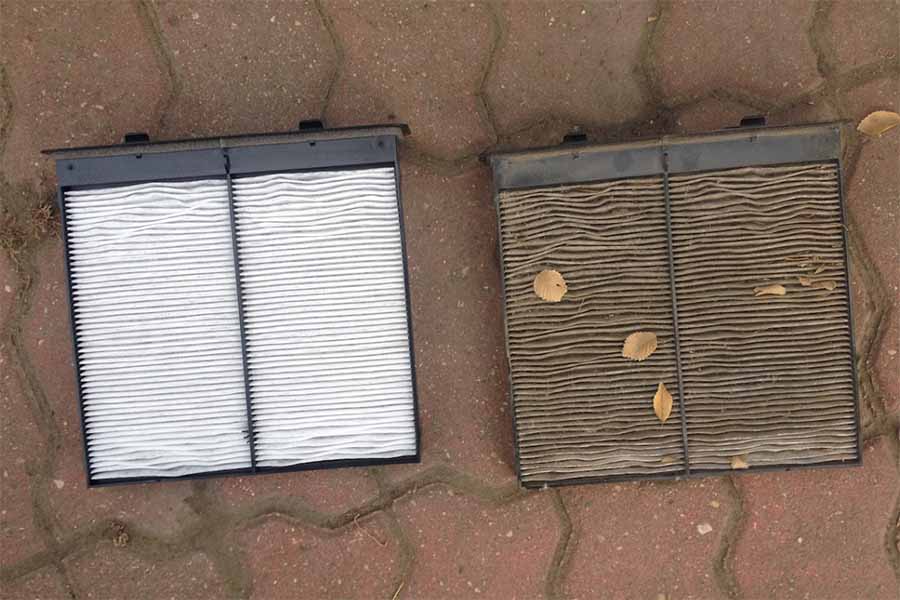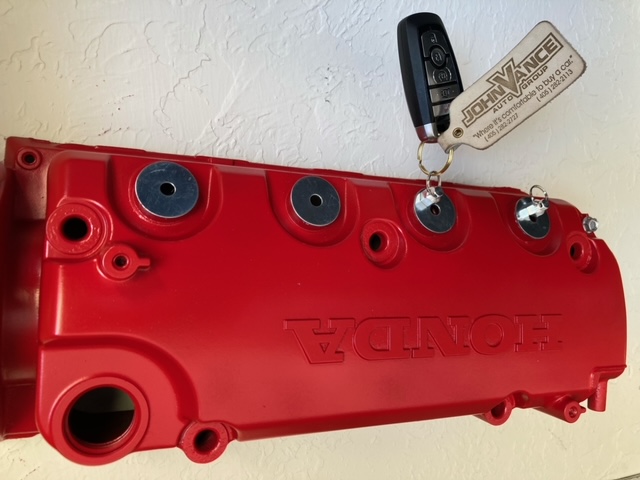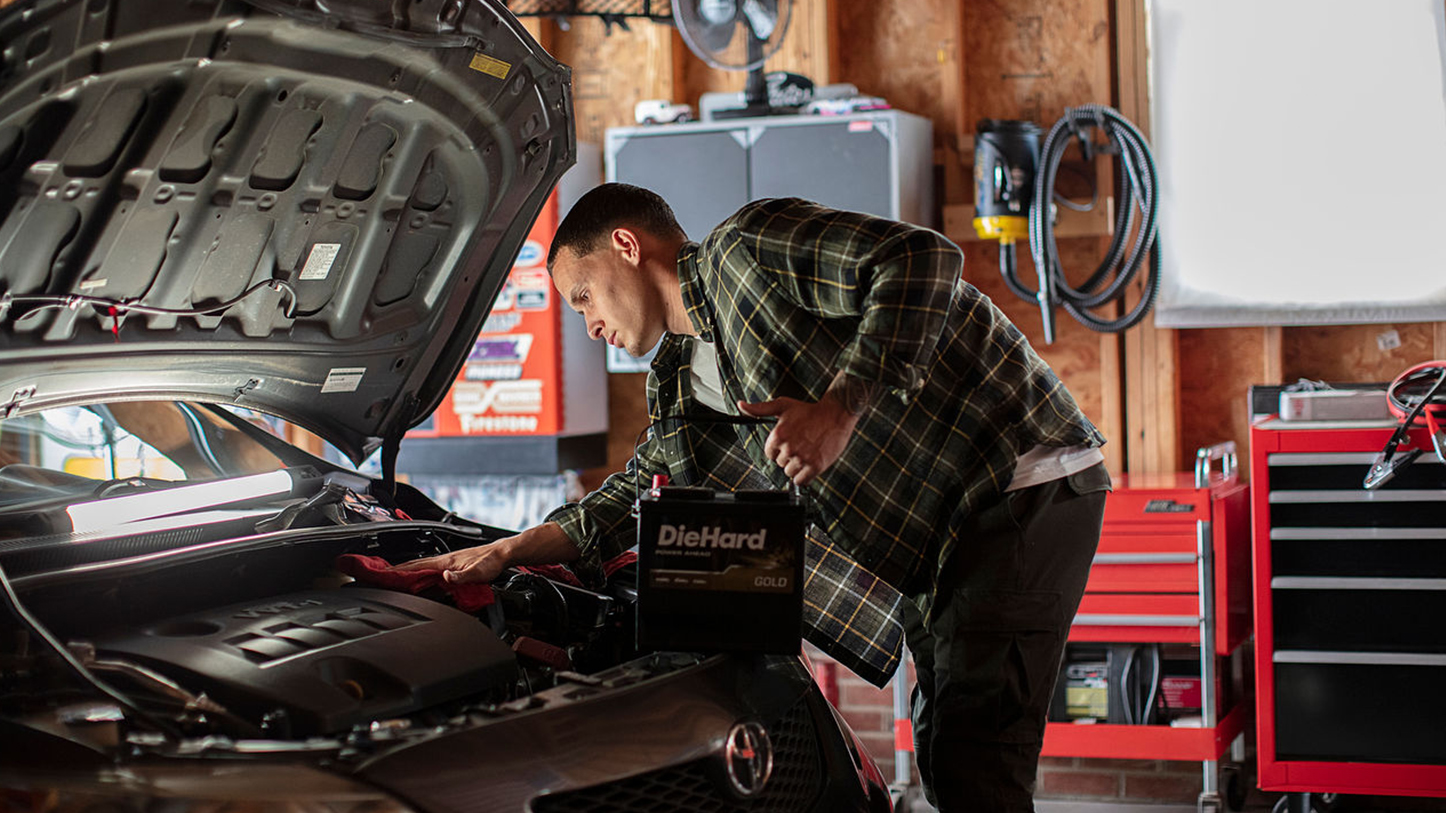
Source | Advance Auto Parts
When Hurricane Harvey made landfall in 2017 near Houston, Texas, it ruined lives, caused catastrophic flooding, and inflicted over $125 billion in damage, which included about a million vehicles. As storm season approaches, it's an excellent time to run down a checklist of what you can do to keep you and your car out of the danger zone.
Go Time
Hurricanes are slow-moving storms but don't wait till the last minute to be prepared. If an evacuation order is implemented, there will be heavy traffic out of town, which is no time to realize your car is about to overheat. Make sure your regular maintenance items are up to date with fresh oil, a strong battery and the correct fluid levels. Check your headlights, flashers, running lights, brake lights and turn signals, and replace them as necessary.
A hurricane means rain and lots of it, so if you've been putting off new wiper blades, this is the time to replace them. A bottle of water repellent for the windshield isn't a bad idea, either. Make sure the tank is full, as a power outage will knock the gas stations off-line.
Keep an emergency go-bag in the trunk with rain gear, phone chargers, connectors, batteries, clothes, jumper cables with a portable jumping system and toiletries. Also, think about investing in a portable generator and approved fuel containers.
Shelter in Place
If you are in a situation where you can't drive away before the storm arrives or if you're leaving a car behind, carefully consider where you are parked. Avoid underground garages as they can easily flood and turn into swimming pools for vehicles.
Even ground-level garages can flood during a storm surge, so the higher you can go, the better. Parking on an inclined surface with the engine pointing up is a clever play. Consider a multi-level parking garage if there is one near you.
Try to find a spot with multiple exit points if one gets blocked. Avoid parking under powerlines, trees, or anything else that may get airborne in high winds. Parking next to a solid building will offer some protection.
If a suitable garage isn't available, buy a car cover or a tarp. Covers offer some protection from flying objects and will slow down water from being driven into the interior or the engine compartment. The cover should have a drawstring or grommeted holes to tie it down.
Other Considerations and Cautions
Comprehensive insurance typically covers flood damage; liability coverage does not. Whatever you have, make sure your policy is up to date. According to Car Fax, about 378,000 vehicles per year are damaged by floods – which may or may not have been caused by hurricanes.
Cars that survive floods are subject to electronic failures, engine problems, odors, rust, noises and discoloration. Hurricanes are nothing to fool around with and do not wait till the last minute. Plan to keep yourself, your loved ones and your most prized possessions, including your car, as safe as possible. Double-check your fluid levels, lights, and wiper blades. If you're not evacuating, find a safe spot, cover up the car and wait for the storm to pass.
Do you live in a hurricane zone? Share your best auto-preparedness tips in the comments below.

